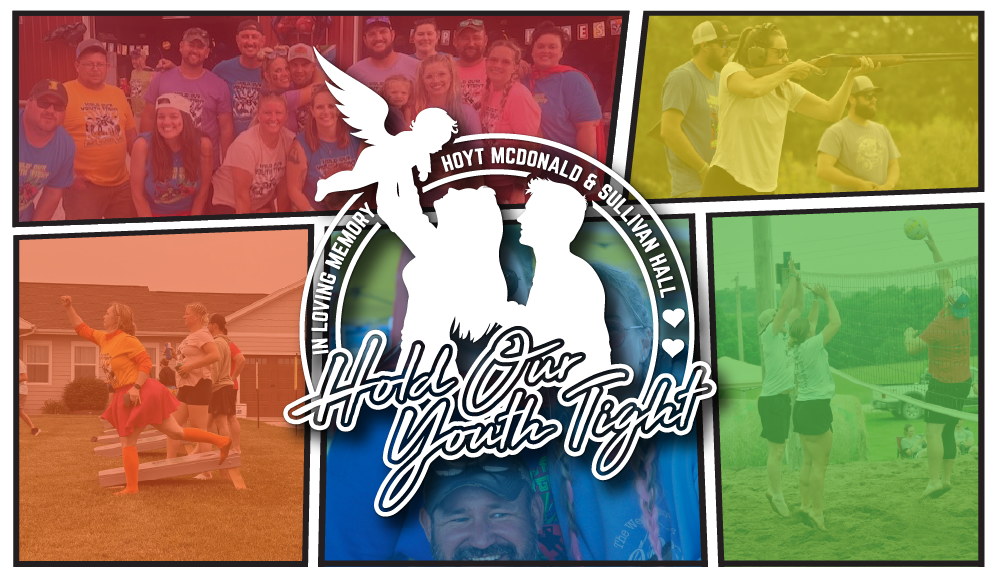Re-ignite your rookie smarts

Photo Credit: Aziz J. Hayat via Comp Fight
When is not knowing more valuable than knowing? Why are you often at your best when you are doing something for the first time?
In a rapidly changing world, experience can be a curse. Careers stall, innovation stops, and strategies grow stale.
Last month, I had the opportunity to attend the Iowa Women Lead Change conference held in Altoona. The event featured many prominent speakers, such as Kathy Ireland, supermodel and entrepreneur, Connie Glaser, author, columnist, and one of the worlds top experts on womens leadership and communication, and Liz Wiseman, top leadership educator and best-selling author including Multipliers and Rookie Smarts.
Intrigued after Liz Wiseman's speech on her book, Rookie Smarts, I decided to give it a read.
You might think a book with the title Rookie Smarts is all about the advantages Millennials bring to the workplace. But Wiseman views rookie smarts not equal to age or experience, but a state of mind.
Is it possible to be your best when you are under-qualified and doing something for the first time?
Rookie smarts is how we tend to think and act when we are doing something for the first time. The rookie and veteran modes are not classifications of people; they are modes of behavior that we can slip into and roles we tend to assume.
We can be in rookie mode in one aspect of our work and in veteran mode in another.
Many people view newcomers to their organizations as people who need to be inducted, trained, and given lighter loads, as they get up to speed inevitably slowing everyone else down.
But according to Wiseman, that doesnt have to be the case. Her research consistently found that rookies are surprisingly strong performers.
"We tend to assume that newbies are bumbling, clueless clods, more likely to get in the way and slow things down," writes Wiseman. "But, I found that rookies actually operate with higher levels of self-awareness and move faster than their experienced counterparts. And, while they have weaker networks, they are driven to seek out expertise in others and, as a result, can bring more expertise to bear on a problem than experienced staffers."
Consider the benefits of confusion. It prompts you to work harder to make sense of things. It forces you to ask others for help and input. And it encourages you to think in new ways.
At the womens conference, Liz asked us to do an exercise in sharing our own rookie stories with the other women at our table. She asked us to transport ourselves in time and place to when we were new to an important piece of work or challenge.
To remember how we felt, what we did, and how we approached the work. The exercise required us to recall the time, reflect on the nerves or worries we had, the mistakes we made, and how we recovered.
Then she asked what we would do differently now. How would this rookie version of ourselves approach our current jobs?
As we gain experience, we increase our knowledge and capability, but we also can become blinded by our expertise. By remembering how we worked when we were new, we can combine the best of expertise and naivet
One of my favorite chapters is chapter 3 titled, "Hunter Gatherers: Finding Expertise." It talks about how Michelangelo was commissioned to paint the ceiling of the Sistine Chapel.
Like me, you probably assumed he was selected because he was a master of the fresco-style of painting (painting on wet plaster). Not so.
Pope Julius was convinced by several of Michelangelos rivals to choose him because they knew he had never painted al fresco prior to this. They were hoping his rookie status would cause the project to end in disaster.
Pope Julius had no idea he was being manipulated. The rivals secret motivation was to discredit Michelangelo and open the door for Raphael, who would be able to save the day after Michelangelo failed.
But Michelangelo employed his rookie smarts and sought-out help, collaborated with experts in the papal court as well as artists highly skilled in the fresco-style of painting. His completed fresco is still considered to be one of the most incredible works of art ever created and a highlight of the Renaissance.
If you are finding yourself uncomfortably comfortable, it might be time for a change. Some of the warning signs include: not preparing for meetings because you already know the answers, being busy but bored, and no longer feeling youre learning something new each day.
They say you cant teach an old dog new tricks. But even the most experienced and successful of professionals can renew themselves and find their rookie groove again.
Her advice? If possible, actually physically return to the scene of your first time. Go back to your old office or go sit in the lobby of your first job and remember what it was like. Use this insight to help rekindle the rookie mindset in your current work. Stay fresh. Keep learning. And know when to think like a rookie. Take on new tasks, learn new skills, and challenge yourself. You might find that being uncomfortable and confused has its advantages


